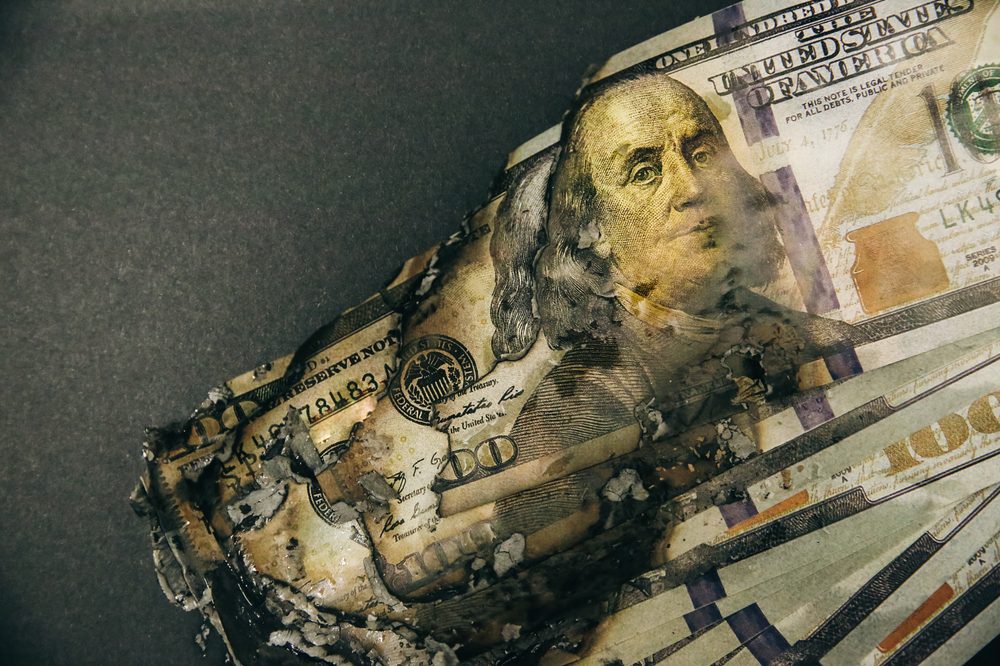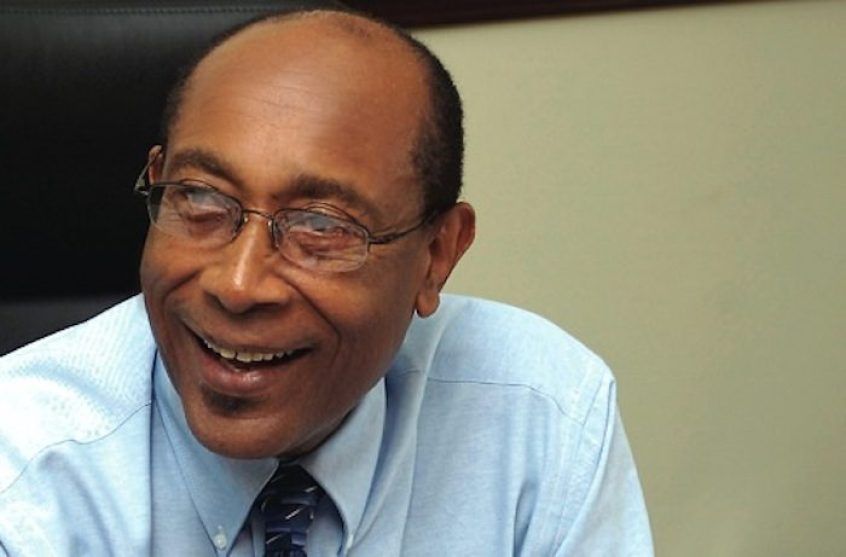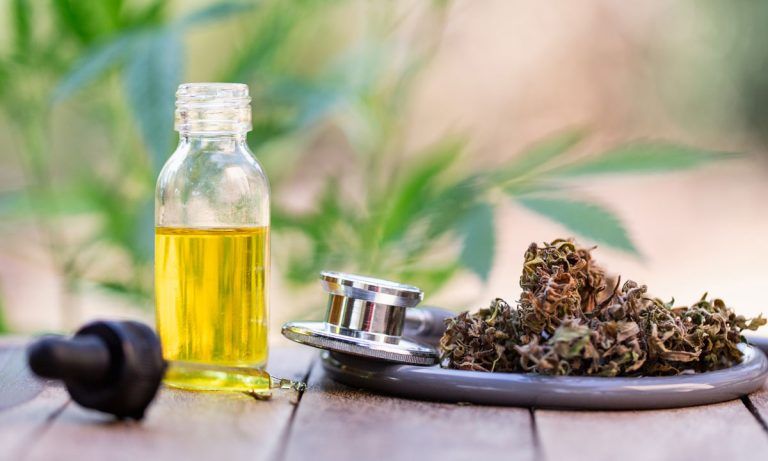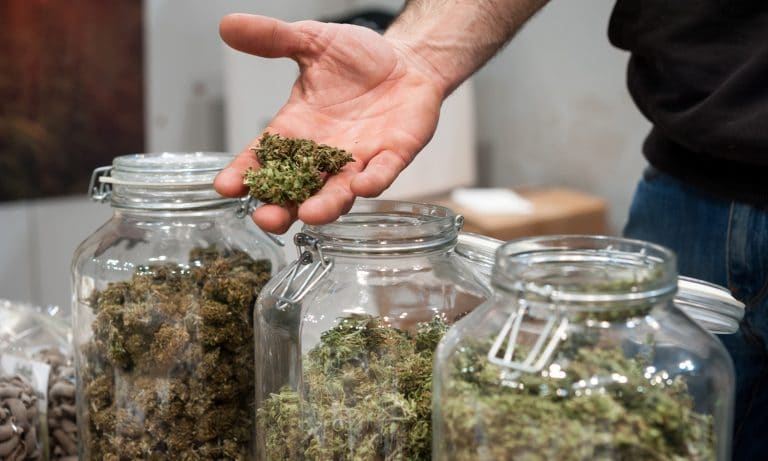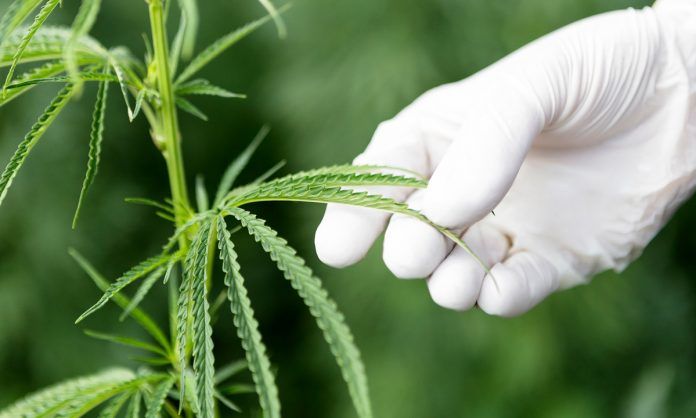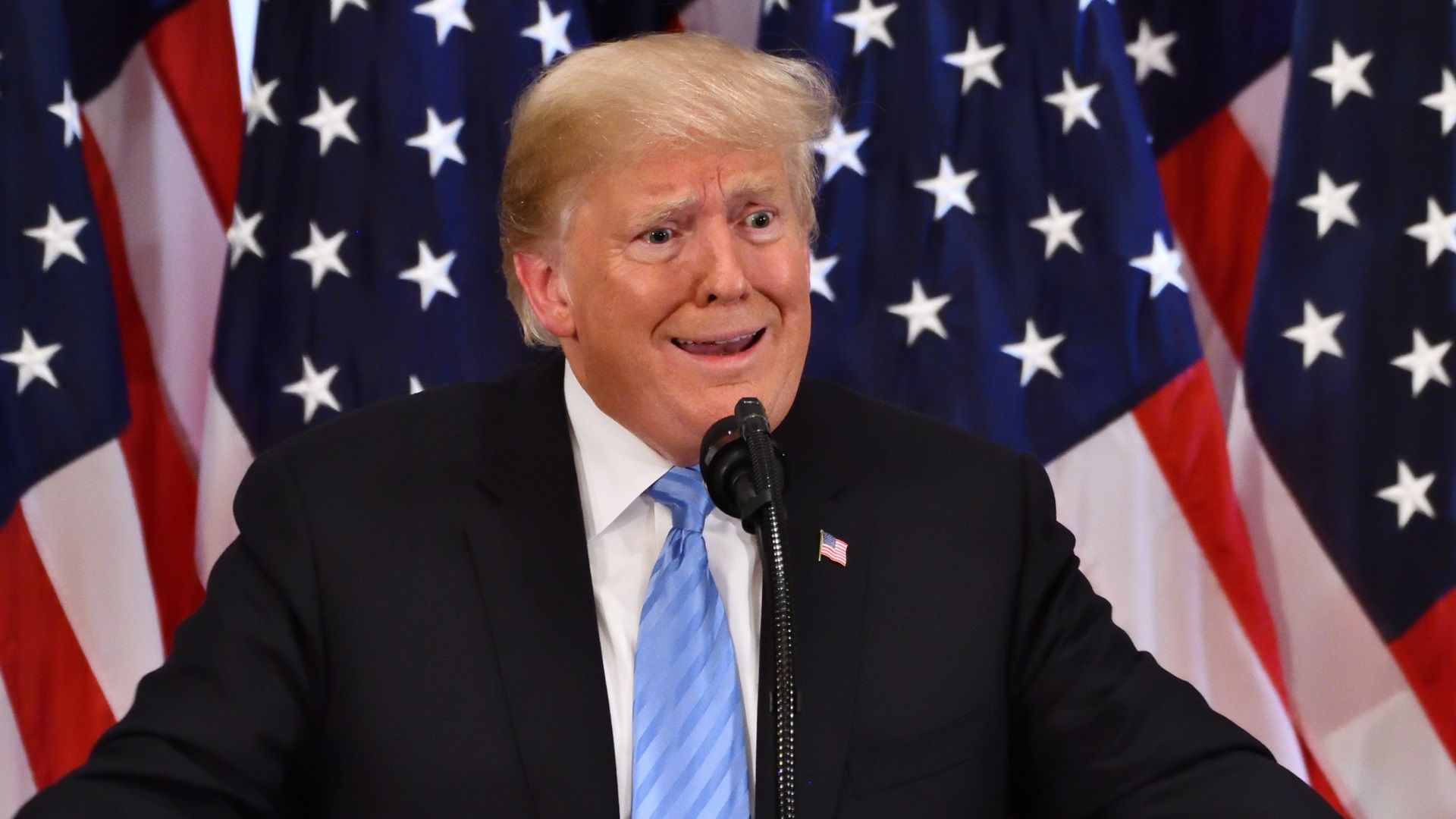CBD industry hit with nearly half dozen class action lawsuits
FDA’s batch of warning letters last month to CBD marketers spawned a growing number of proposed class action lawsuits.
A mounting number of putative class action lawsuits have been filed in California against marketers of CBD products—including two of the largest companies in the sector based on sales—after FDA reiterated its years-old stance in warning letters and a news release that the compound cannot be lawfully sold in dietary supplements.
FDA’s
batch of warning letters last month to CBD marketers spawned the lawsuits, said Kevin Laukaitis, an attorney with Philadelphia-based Kohn Swift & Graf P.C., one of the law firms that filed the complaints.
The agency has “taken the explicit position that CBD is a drug only, and is actually illegal in the use of foods, beverages, supplements and animal products,” he said in an interview.
‘Silver lining’
Jonathan Miller, general counsel to the U.S. Hemp Roundtable, a coalition of hemp companies, expressed concern about the wave of complaints.
“In general principle, I don’t believe they have any merit and are based on kind of very distorted interpretations of the law,” said Miller, a member-in-charge of the Lexington, Kentucky law office of Frost Brown Todd LLC. “But it does emphasize how important it is for the FDA to get back together to formally recognize and regulate CBD as a … dietary supplement and food additive, and that if the FDA doesn’t, it’s even more important for the Congress to act to force the FDA to get its processes started.”
Though Miller characterized the suits as a “cloud on the industry,” he identified a “silver lining.”
“Hopefully, it will help spur movement where movement is needed in Congress and at the FDA, which will help on some of the other issues as well,” he said in an interview.
‘Hair on fire’
The lawsuits don’t allege consumers suffered physical injuries from taking the CBD products, but several attorneys pointed to a recent federal appeals court decision that could weaken such a defense. In a Nov. 14
decision involving the ingredient DMBA (1,3-dimethylbutylamine), the U.S. Court of Appeals for the Eleventh Circuit held an allegation that dietary supplements are prohibited under federal law is sufficient to allege an injury in a class action lawsuit.
"Plaintiffs and class members would not have purchased the products, or would have not paid as much for the products, had they known the truth about the mislabeled and falsely advertised products," alleged the suit against Charlotte's Web.
The Eleven Circuit’s decision caught the attention of Marc Ullman, a veteran attorney who advises dietary supplement companies on FDA regulatory manners.
“I immediately commented on LinkedIn that … anyone in the CBD trade should have their hair on fire after seeing this decision,” said Ullman, of counsel to Rivkin Radler LLP, in an interview.
Companies in the CBD trade should conduct a “risk assessment” with their management and counsel, he added. “What are my tolerances? What’s my exposure? And I don’t think it’s any coincidence that the guys with the deep pockets got whacked in the first round.”
Charlotte’s Web, CV Sciences respond
Enter Charlotte’s Web Holdings Inc., a publicly traded company that controls the largest share of the CBD market in the U.S. based on sales. It’s accused of defrauding consumers by mislabeling its products as dietary supplements. A similar lawsuit was filed against CV Sciences Inc., a public company with US$44.4 million in sales through the first nine months of 2019.
“With knowledge of growing consumer demand for CBD products, defendant has intentionally marketed and sold illegal CBD products,” alleged the lawsuit against Charlotte’s Web, which was filed Nov. 30 in the U.S. District Court for the Northern District of California. “Defendant’s multiple and prominent systematic mislabeling of the products form a pattern of unlawful and unfair business practices that harms the public.”
The lawsuit alleged violations of California’s Unfair Competition Law, False Adverting Law and Consumer Legal Remedies Act; as well as breach of express warranties and breach of implied warranty of merchantability.
Among the relief plaintiff is seeking: a declaration that Charlotte’s Web “has misrepresented the nature, ingredients and effectiveness of the products and that its actions are unlawful”; an award for actual and treble damages; a declaration requiring Charlotte’s Web to “disgorge, for the benefit of the class, all or part of the ill-gotten profits it received from the sale of the products”; and reasonable attorney’s fees.
Charlotte’s Web reported revenues of $71.8 million through the first nine months of 2019, and more than 9,000 retailer locations carry its products. But many large pharmacies and other big-box retailers remain reluctant to sell ingestible CBD products until FDA—or Congress—provides a legal pathway for the compound to be marketed in dietary supplements and conventional food.
“The majority of our FDM [food/drug/mass] channel partners … only sell CBD topicals while awaiting legal and regulatory clarity from” FDA, Charlotte’s Web CEO Deanie Elsner said in a third-quarter earnings release.
On Dec. 2, Boulder, Colorado-based Charlotte’s Web noted it was aware of the lawsuit filed against it, though the company hadn’t been served with the complaint yet.
“The company believes that its products are accurately labeled and that the claims are without merit,” Charlotte’s Web stated in a press release. “The company intends to vigorously defend itself against any such suits.”
In the lawsuit against CV Sciences, the named plaintiffs alleged violations of Arizona and California statutes, including the Arizona Consumer Fraud Act.
Responding to the suit, CV Sciences CEO Joseph Dowling said in an emailed statement, “Our hemp extract qualifies as a dietary ingredient, and we will defend ourselves from these meritless class action lawsuits that negatively impact consumer safety and impede creation of a regulatory framework for the future of this product category.”
Disease claims
Another federal lawsuit was filed in the Central District of California against a Lakewood, Colorado-based company doing business as Infinite CBD—one of 15 marketers that received a warning letter from FDA for what the agency described as illegal sales of CBD-containing products “in ways that violate the Federal Food, Drug, and Cosmetic Act (FD&C Act).”
The company declined to comment on the lawsuit, noting it hadn't been served with the complaint yet. In an emailed statement following initial publication of this article, Infinite CBD said it takes "this matter very seriously and will address the complaint once additional information is provided to us."
In FDA's Nov. 22 warning
letter to Infinite CBD, FDA alleged the company was making claims that rendered the products unapproved new drugs. The lawsuit referenced Infinite CBD’s marketing claims related to several diseases, including autism, cancer, hepatitis and Tourette syndrome, a neurological disorder, as FDA outlined in its letter.
“Some of the companies are making health-type claims—‘Use this to treat anxiety or pain,’” Laukaitis, the plaintiff’s class action lawyer, said. “And what’s happening is consumers are relying on these claims that the companies are making, and they’re thinking, ‘Hey look, I’m in some pain here. Let me take this CBD cream because they’re telling me that it’s going to treat my pain, and in turn, I don’t have to go to a doctor and get treated,’ when, in fact, that’s not true.”
Infinite CBD described as "frustrating" its receipt of a warning letter from FDA.
"However, the FDA’s top priority is to provide safe CBD products to the market," the company said. "This priority is something that we can agree on."
The company said it is working with its legal team to resolve the concerns expressed by FDA in its warning letter and will ensure "the content and products that we continue to produce are of quality standards that Infinite CBD stands behind."
In conjunction with the warning letters, FDA also released a new consumer guidance document on CBD that “
raises significant concerns” among the hemp CBD industry because FDA undersells its benefits and overstates the risks, according to CBD backers.
FDA, in its letter to Infinite CBD, raised particular concerns over the company’s product, “Asteroid Gummies,” marketed to children.
“Your product has not been evaluated by the agency for safety, effectiveness and quality,” FDA officials wrote in the letter. “The use of untested drugs can have unpredictable and unintended consequences, especially in vulnerable populations. For example, children may be at greater risk for adverse reactions associated with certain drug products due to differences in the ability of children to absorb, metabolize, distribute, or excrete such drug products or their metabolites.”
Other lawsuits were filed against cbdMD Inc., a public company based in Charlotte, North Carolina; and Deerfield Beach, Florida-based Green Roads of Florida LLC. Neither company immediately responded to requests for comment.
‘Not a legally binding formal rule’
FDA’s recent batch of warning letters reiterated a position taken by the agency since at least 2015: that CBD cannot be marketed in a dietary supplement because, in short, the compound was first studied as a drug by GW Pharmaceuticals plc, whose CBD medicine Epidiolex was approved by FDA in 2018. And for years in warning letters, the agency has expressed concerns about CBD marketers making claims that their products can treat diseases like cancer.
“It surprises me that the plaintiff’s bar has taken so long to use the FDA warning letters to companies in this segment as the basis for a copy-and-paste complaint under California consumer protection laws," said attorney Will Woodlee, a partner in Washington with Kleinfeld, Kaplan & Becker LLP, in an interview.
Commenting on the timing of the complaints, Woodlee said it's possible FDA's recent consumer update "presenting new or more forcefully worded concerns about potential safety risks of CBD" gave the plaintiff's attorneys "what they perceived to be additional ammunition to use in these lawsuits."
Daniel Fabricant, president and CEO of the Natural Products Association (NPA), suggested the plaintiff’s bar would continue to lean on a page from FDA’s playbook—that CBD cannot be lawfully marketed in a dietary supplement.
“This page says that these products aren’t legal, and yet you’ve been on the market for … X amount of time making X amount of dollars,” he said in an interview.
The lawsuits referenced the FDA warning letters to support their allegations that the defendants defrauded consumers in violation of California state laws.
“All of defendant’s products are mislabeled as dietary supplements or contain the illegal dietary ingredient CBD,” alleged the complaint against Charlotte’s Web. “Every product contains a Supplement Facts section on the back of the container, which is reserved for dietary supplements and explicitly state ‘Dietary Supplement’ on the front of the packaging.”
FDA, the complaint continued, has asserted “CBD may not be labeled as a dietary ingredient or legally be contained within a dietary supplement.”
The U.S. Hemp Roundtable and “entire hemp industry” has taken the position that “FDA’s interpretation here is wrong, but more importantly for the matter at hand, it’s not a legally binding formal rule or regulation,” Miller said. “It’s just their opinion, and I can’t imagine that a court would rule favorably toward plaintiffs on this when it is not a black-and-white matter of law, but rather just public guidance issued by the FDA.”
‘Opening of a floodgate’
Two lawyers in the nation’s capital with the law firm Arnall Golden Gregory LLP, who as of Tuesday were aware of the complaints against Charlotte’s Web and Infinite CBD, predicted more lawsuits against the CBD industry.
“This is probably the beginning of an opening of a floodgate,” said Kevin Bell, a partner with Arnall Golden Gregory and leader of the firm’s patent and dietary supplements industry practices, in an interview.
Fabricant concurred with Bell’s assessment. He recalled discussing the prospect of class action lawsuits against CBD companies during an educational event at SupplySide West in October 2019.
“I think these are just the tip of the iceberg,” said Fabricant, a former FDA official responsible for overseeing the then-Division (now Office) of Dietary Supplement Programs. “I imagine there’s going to be a lot more lawsuits like this.”
Asked about possible defenses, Bell questioned whether the plaintiffs are attempting to enforce federal law. The FD&C Act offers no private right of action.
“By relying upon the warning letters by the FDA, are they really trying to enforce the Food, Drug & Cosmetic Act?” he asked.
Laukaitis declined to comment on any possible defenses raised in the cases.
“We feel strong about our position,” he concluded.

 www.calethos.com
www.calethos.com


